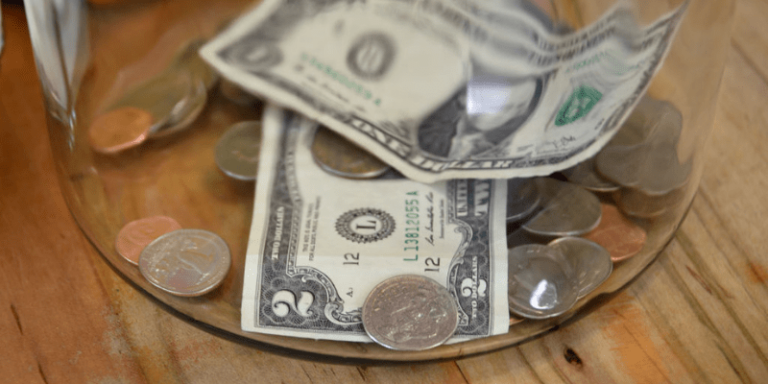Political Spending: Does More Money Mean More Votes?
Does wealth buy votes?
By: Andrew Moran | January 30, 2020 | 449 Words

(Photo by Robert Alexander/Getty Images)
Politics is expensive, and fundraising is a huge part of winning a seat in Congress or the Oval Office. When it comes to elections, does more money mean more votes?
Dollars and Cents of Elections
Spending for a White House bid was modest up until the year 2000. Everything seemed to change 20 years ago, when former Vice President Al Gore and Governor George W. Bush competed in one of the most touchy electoral battles in the nation’s history.
Since then, it has become the norm for party nominees to spend a quarter of a billion dollars – at a minimum. The record for the most spending is held by former President Barack Obama, whose official campaigns spent $700 million in the 2008 and 2012 contests. This does not include the additional $100 million in political action committee (PAC) funds.
Does Buying Votes Win Elections?
So, money must buy elections, correct? Yes and no.
The Atlantic newspaper published a study into money buying votes. It concluded a few things. The first is that more money was spent in closer races, meaning that as races came down to the wire, each vote became more expensive. The second is that the more you outspent your opponents, the more you won.
According to a study by economist Steven Levitt, the co-author of Freakonomics, when candidates double their spending and keep everything else the same, they only earn one additional percent in the popular vote. If the candidates slashed their spending in half, they only lost a percent in the popular vote.
In other words, money may not cause a candidate to win public office, but the type of candidate who appeals to voters generally raises a lot of cash.
For every candidate who supports the theory that money buys an election, you will come across other examples that prove the opposite.
 Linda McMahon, a former executive of World Wrestling Entertainment (WWE), spent $100 million on her two Senate attempts (2010 and 2012), but she lost both times by 12%. Senator Mitt Romney ran for president twice. He spent $42 million on his primary campaign in 2008, and then his national campaign in 2012 doled out $400 million – he lost in both years.
Linda McMahon, a former executive of World Wrestling Entertainment (WWE), spent $100 million on her two Senate attempts (2010 and 2012), but she lost both times by 12%. Senator Mitt Romney ran for president twice. He spent $42 million on his primary campaign in 2008, and then his national campaign in 2012 doled out $400 million – he lost in both years.
Are Common Folk Barred?
How can a farmer from Nebraska become a congressman if the Republicans and Democrats are spending $25 million? What about the small business owner from Washington State who wants to challenge the 30-year senator?
There are outliers in the system, such as Representative Alexandria Ocasio-Cortez, who defeated longtime Representative Joe Crowley in the primaries by using social media and successful tactics. For the most part, however, you need a well-funded campaign, a lot of resources and staff, and good connections to be victorious in the current political system.
















